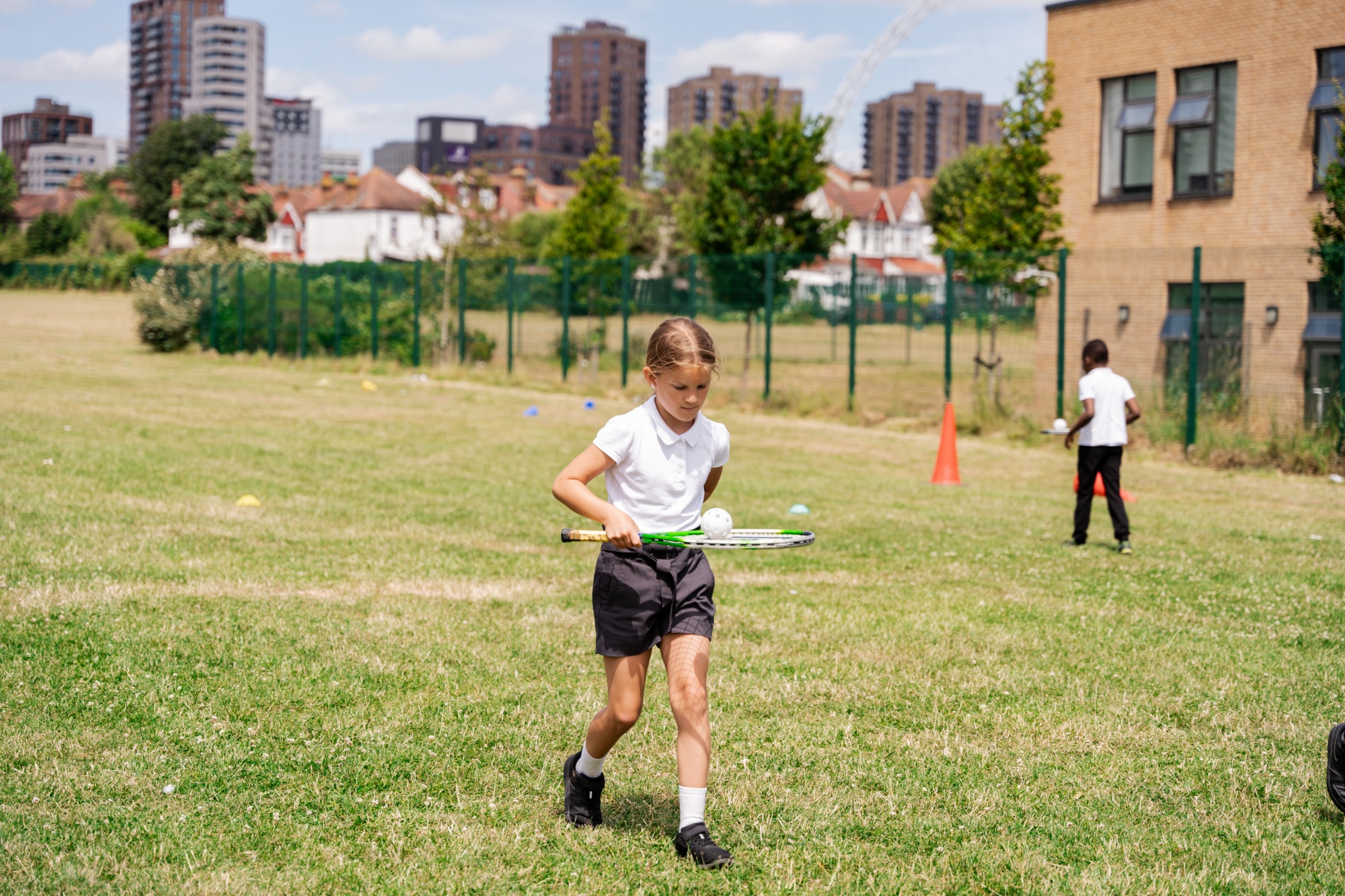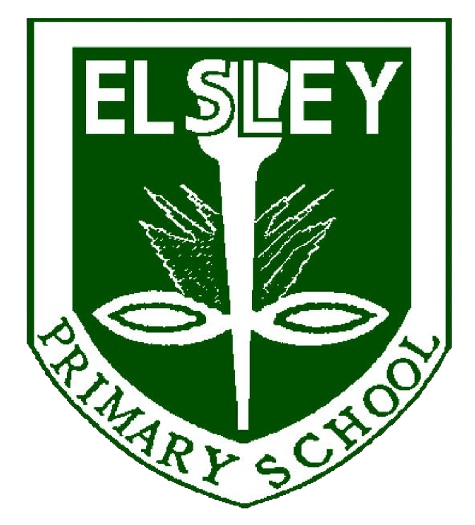PE
At Elsley Primary School, we see Physical Education as vital to children’s physical and mental well-being. Through PE, pupils develop fitness, coordination, teamwork, and resilience, laying the foundation for a healthy lifestyle. Our PE curriculum offers a wide range of activities, from team sports to individual challenges, ensuring that every child finds something they enjoy. We are proud of our commitment to fostering a love of physical activity, helping pupils to develop both their skills and their confidence, while also understanding the importance of fair play and perseverance.
"PE is awesome because I can run, jump, and learn to play so many different sports!"
Intent Statement
The aim of Physical Education at Elsley is to provide pupils with enjoyable, active, sporting opportunities that enable them to develop physically and provide the foundation for an active lifestyle. We aim for pupils to build a bank of fundamental movements, sport-specific skills and tactics across a range of sports. Part of a child’s physical education at Elsley is to utilise sport as a medium in which lasting character development can occur.
We aim to provide the opportunities for ambitious and talented pupils to develop themselves as far as possible and open the door to professional pathways in sports. Our ambition is for pupils to build positive attitudes towards a healthy lifestyle, thus enabling them to make informed choices and encourage them to continue physical activity throughout their lives. As a school, we believe that physical education, experienced in a safe and supportive environment, is a unique and vital contributor to a pupil’s well-being as well as their physical and social development.
Our curriculum allows pupils to develop the following disciplinary skills within the domain of Physical Education:
- Acquiring & developing skills
- Selecting & applying skills, tactics & compositional ideas
- Evaluating & improving performance
- Knowledge and understanding of fitness & health
Implementation Statement
We teach pupils the names and functionality of their muscles and bones within PE, by doing so they have a better understanding of how their bodies work during movement and when playing sport. Pupils should know what physical development is required in order to increase performance in skill acquisition and application. Through a variety of sporting opportunities, including aspects of healthy competition, pupils will be able to develop personal attributes, such as resilience, determination, team work, independence, fair play and sportsmanship.
Our curriculum at EYFS targets children’s core, gross and fine motor skills and supplements this with a broad range of activity to build up the ABC of movement (agility, balance, coordination). In KS1 we build on this by introducing another layer of sports-related skills and opportunities for children to explore movement. We introduce a number of games and activities (some of which resemble key sports) where these can be applied. Once children progress into lower KS2 they begin to develop sport-specific skill sets which are built on, developed and enhanced as they move through the year groups. Children are given ample opportunity to apply their new skills to games, matches and low-stakes competitions. It is important that all skills are applied to games that resemble the sport they are intended for, while acknowledging the need to modify rules dependent on the children’s age. By the end of KS2, children are able to play a range of sports using appropriate equipment, skills, strategies and rules. We continually draw links between sports. This may be between tactics employed in invasion games such as netball and football, or knowing that a cricket bat and hockey stick are held in similar ways. Discussion about performance, relating to steps-to-success, permeates the curriculum, reinforces learning and allows players to develop themselves and support others. Of key importance to developing young athletes, is our personal development thread, which links strongly to our school values. Children are explicitly taught, and expected to learn, that who are you are and your conduct can be just as important as your skill set. PE lessons then, are a rich learning opportunity for children to learn sports, learn about sports and learn from sports.
Impact Statement
We hold to a collaborative approach to the evaluation of the impact of our curriculum where this process is not ‘done to’ our staff, but ‘with them’. In order to judge how successful our curriculum has been designed to promote the learning of the Physical Education National Curriculum, pupil outcomes are evaluated against our skills progression maps, pupil exemplification materials and pupil voice. These have been formulated in line with the National Governing Bodies’ schemes of work. We also evaluate our Physical Education curriculum and practices against evidence based education research, leading subject associations and welcome cross-school collaboration to ensure that our curriculum design successfully meets and challenges our pupils.
We aim for our pupils to:
- Develop the traits, behaviours and conduct of successful sports people
- Develop competence to excel in a broad range of physical activities
- Be physically active for sustained periods of time
- Engage in competitive sports and activities
- Lead healthy, active lives
- Be resilient, collaborative and flexible learners
- Appreciate the purpose that Physical Education plays in everyday life and careers


